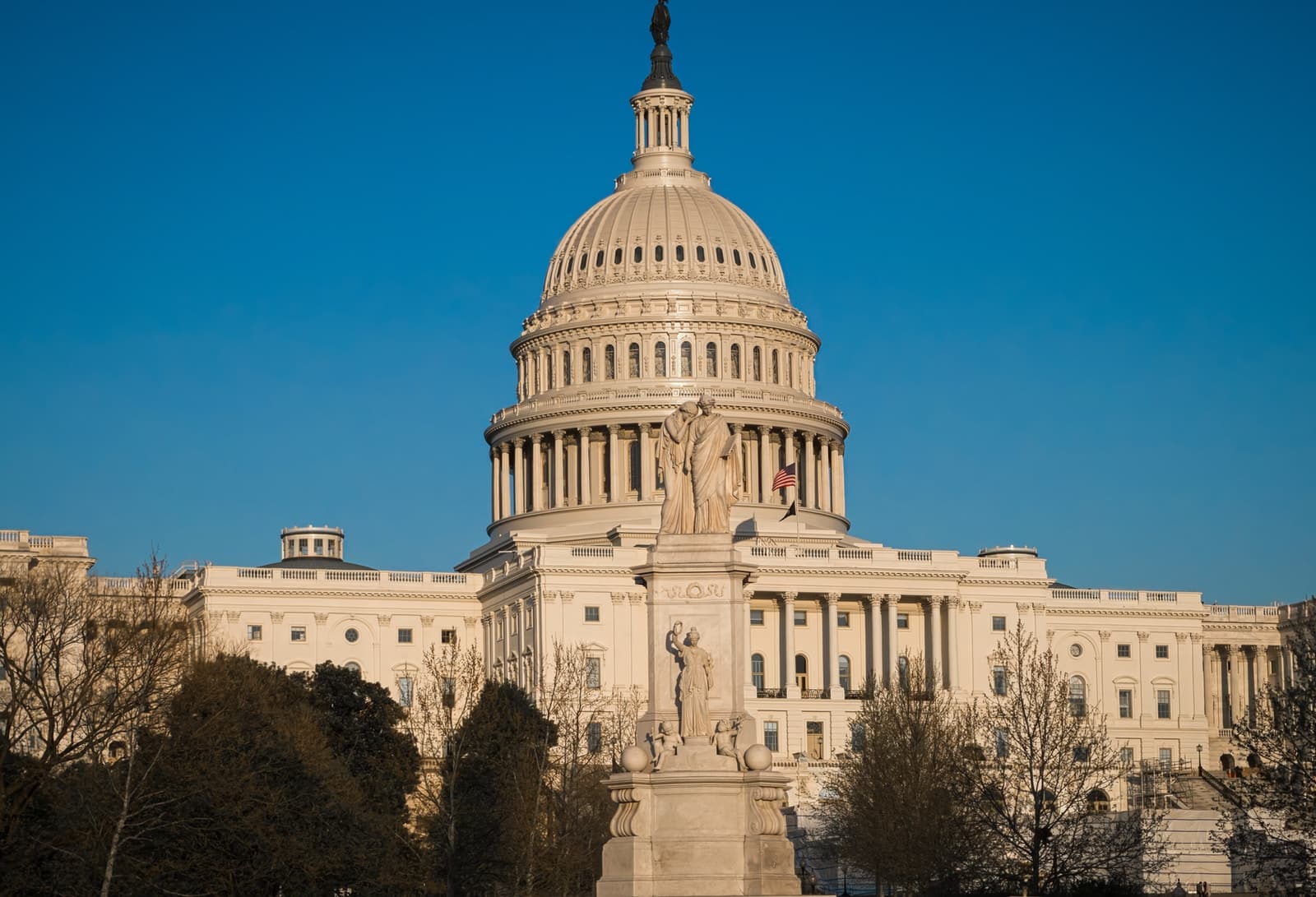The month of January serves many as a time of reflection. It’s a chance to look back at the previous year to determine if goals were met, if promises made were kept, and to push the reset on the things that matter. For others, January serves as a time to look forward. It’s the beginning of diet plans, workout regimens, and Bible reading programs as we refocus on what’s important.
While this January, in many ways, is no different, it is very different in other ways. Today, our intravenous connection to a smartphone administers a constant drip of fear directly into the bloodstream of the public. While subtle at first, its effect is the ever-present motivation for all we see, say, and do.
In the past, news outlets determined the priority of their stories based on the motto, “If it bleeds, it leads.” Now news sources need only to sell us on the fear of our demise, which has our attention.
Fear
Fear was the co-star of every significant headline in 2021.
On January 6, 2021, we would witness what became known as “The Insurrection” as angry protestors stormed the Capitol, seeking to do what no one was exactly sure. One year after that event, those calling January 6 the “darkest day in American history” are the same people who months earlier gave a fleeting pass to the sustained riots of 2020, categorizing those actions as giving “voice of the voiceless.”
While December 2020 witnessed Sandra Lindsey, the first person to get the new COVID vaccine, January 2021 would bring the first case of the new Delta variant. And with it, a unique opportunity to be afraid.
While many bow the knee to the boundaries mandated by the government, no fear can be found for violating God’s limitation on marriage, gender, or any other condition established by God.
From Delta to Omicron, from mask mandates to required vaccine passports, every new headline provided a reason to fear.
Now, with sufficient levels of fear coursing through the proverbial veins of culture, what’s next? The automatic reaction to this condition is the natural emotional response to perceived danger—fight or flight. The initial public response to a pandemic of fear was submission. However, as the religious mantra, “follow the science,” has proven to lack credibility as a position of faith, public restlessness grows.
“There is a fear of danger and difficult circumstances that is reasonable. We would not be living in reality if we did not even consider how an upcoming situation might affect us. God wants us to live, but at the same time, he wants us to bring him into the picture.” [1] Stuart Scott
Fear of the Lord
Scripture is clear that fear has its place. In Psalms 9, David writes, “The fear of the LORD is the beginning of wisdom, and the knowledge of the Holy One is insight.”
Regarding fear, Jesus would say, “And do not fear those who kill the body but cannot kill the soul. Rather fear him who can destroy both soul and body in hell.”
Of course, while many fear the news coming out of Washington, few have a reverent fear of the Lord. Instead, we mock his decrees. Examine any cultural issue today; most directly attack what God has determined to be right, good, and true. While many bow the knee to the boundaries mandated by the government, no fear can be found for violating God’s limitations on marriage, gender, or any other condition established by God.
Faith
The Judeo-Christian Worldview has long suffered an attack. Currently, politicians bent on power have leveraged the latest weapon in the battle for the mind—fear. Logic and reason are no longer necessary in this skirmish. Rational thought and logical argumentation have been replaced with emotion and anxiety. Facts, data, and statistics are seemingly irrelevant as long as somebody can find one isolated arbitrary anecdotal example to advance the narrative of fear.
Under these conditions, It becomes imperative for the follower of Christ to stand against the onslaught of sinful fear and anxiety. Why? Because who we worship matters. When a culture replaces God with government, the results are disastrous.
Israel Wants a King
Remember when the people of Israel, fearing their enemies wanted a king? The Lord instructed Samuel to give the people what they were asking for as it was evident that the people of Israel were not rejecting Samuel, but they were indeed rejecting God.
Samuel warned the people of Israel, saying, “These will be the ways of the king who will reign over you: he will take your sons and appoint them to his chariots and to be his horsemen and run before his chariots. And he will appoint for himself commanders of thousands and commanders of fifties, and some to plow his ground and to reap his harvest, and to make his implements of war and the equipment of his chariots. He will take your daughters to be perfumers and cooks and bakers. He will take the best of your fields and vineyards and olive orchards and give them to his servants. He will take the tenth of your grain and of your vineyards and give it to his officers and to his servants. He will take your male servants and female servants and the best of your young men[a] and your donkeys, and put them to his work. He will take the tenth of your flocks, and you shall be his slaves. And in that day, you will cry out because of your king, whom you have chosen for yourselves, but the Lord will not answer you in that day.” 1 Samuel 8:11-18
King Saul, chosen by the people of Israel, was a disaster. Even under the best of kings, Israel still suffered plagues, hardships, famine, and war.
Final Thought
As we reflect on where we are going in the days ahead, we must trust the sovereignty of God, seek the truth (personified through Christ), and be led by the Spirit of God. Does the government have a role to play? Yes, but our hope is only found in Christ. Our hope is not in government. Our only hope is in God.
[1] Stuart Scott, Anger, Anxiety, and Fear: A Biblical Perspective (Bemidji, MN: Focus Publishing, 2009), 15.





